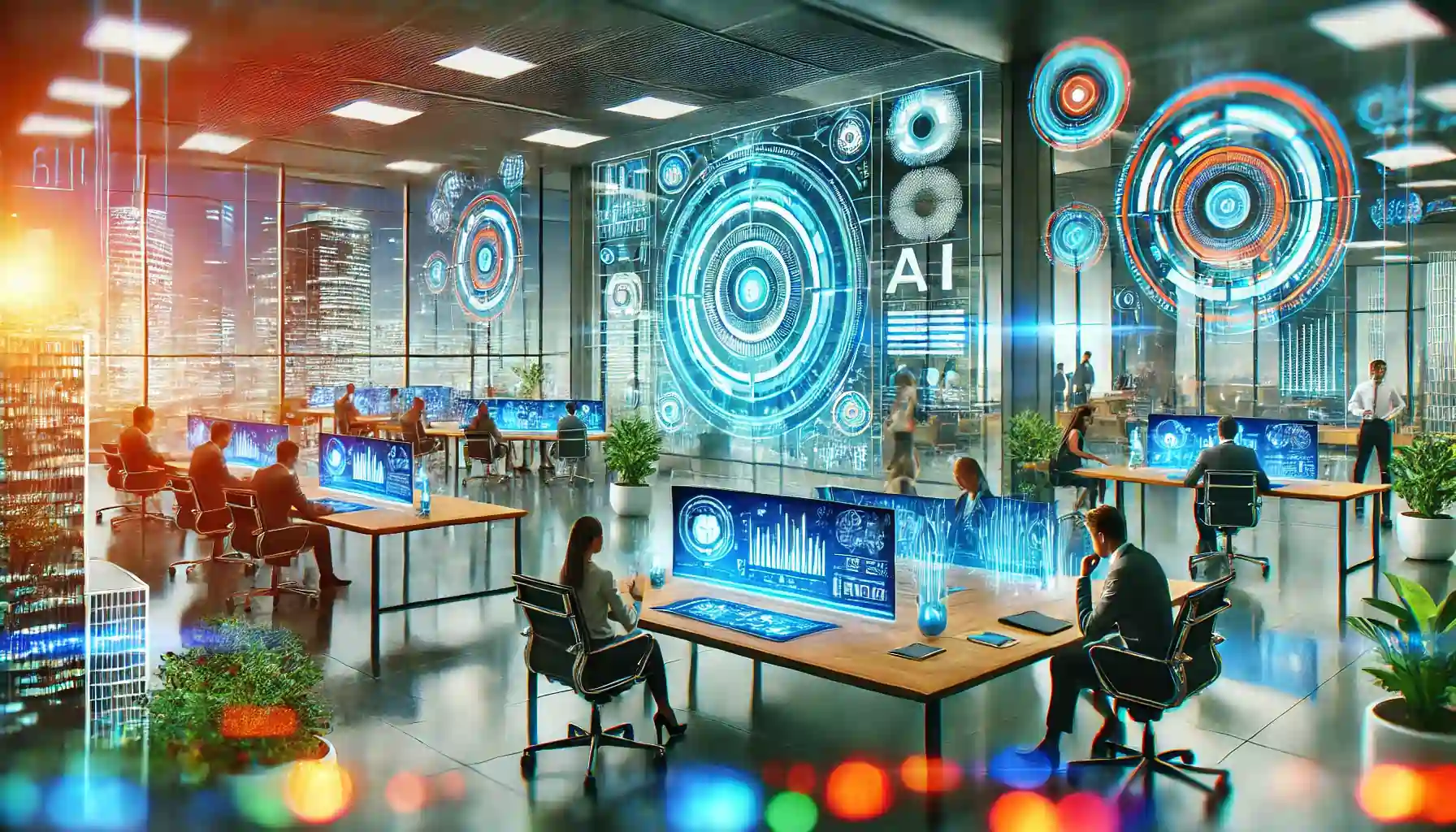As originally reported by CNN in their article, AI Jobs and Workers Replacing, in a significant shift in workplace dynamics, over 61% of major U.S. corporations are gearing up to integrate artificial intelligence (AI) within the next year, aiming to automate tasks traditionally performed by human employees. This initiative spans various operational aspects from supplier payments and invoicing to comprehensive financial reporting, according to a recent survey conducted by Duke University in collaboration with the Federal Reserve Banks of Atlanta and Richmond.
The surge in AI adoption is not confined to mundane tasks; creative domains like marketing and communication are also seeing AI take charge, with tools like ChatGPT enhancing productivity in drafting job descriptions, press releases, and more. This trend underscores a broader strategic shift towards cost efficiency and enhanced productivity within the corporate sector.
John Graham, a finance professor at Duke University and the academic director of the survey, emphasized the necessity of embracing AI technology to stay competitive. “Ignoring AI advancements equates to risking obsolescence,” Graham remarked during a discussion with CNN.
The CFO Survey highlighted that both large and small enterprises are keen on deploying AI to handle roles traditionally managed by humans, with a substantial proportion of companies already benefiting from technological automation in the past year.
AI Deployment: Motivations and Strategies
Business leaders are increasingly turning to AI to reduce labor costs and enhance product quality and output. The survey illustrated that automation helps companies cut expenses on human resources while boosting operational efficiency. For instance, 47% of firms utilized automation to lower labor costs, and 58% reported improvements in product quality.
Yet, the transition to AI does not necessarily spell job losses in the immediate term. Graham suggests that the current phase of AI integration is more about supplementing the workforce to cover operational gaps rather than replacing employees outright. “This year, we might see firms opting not to fill certain positions rather than laying off existing staff,” he explained.
The Future of Work with AI Co-pilots
Looking ahead, the role of AI in the workplace is set to evolve from simple task automation to becoming an integral part of the employee’s toolkit. Visionaries like Reid Hoffman, LinkedIn co-founder, foresee a workplace where AI acts as a ‘co-pilot’, assisting with a range of tasks from mundane to complex strategic decisions.
This AI integration is expected to transform job roles rather than eliminate them, with a focus on enhancing the human element of work. “AI will transform jobs, offering new tools for workers to leverage in their roles,” Hoffman shared in an interview with CNN.
AI’s Role in Economic Trends
From an economic perspective, AI’s influence extends to managing inflationary pressures and price management. The CFO Survey noted a divergence in price expectations between firms that have adopted automation technologies and those that haven’t, with the former group anticipating less aggressive price increases.
However, the broader economic impact of AI, particularly on inflation, remains uncertain. “While AI may help moderate some cost pressures, it’s unlikely to be a panacea for inflation in the short term,” Graham noted.
Navigating Risks and Regulation
As firms rapidly integrate AI into their operations, the need for robust regulatory frameworks and risk management strategies becomes crucial. Recent warnings from figures like Treasury Secretary Janet Yellen underscore the dual-edged nature of AI in finance, presenting significant opportunities alongside potential risks.
The pace of AI adoption requires careful management to avoid pitfalls associated with over-reliance on nascent technologies. “Companies should proceed with cautious optimism, ensuring they have solid risk management practices in place as they explore what AI can offer,” Graham advised.
In summary, as AI continues to make inroads into various sectors, businesses are tasked with balancing the drive for innovation with the need for prudent management and ethical considerations. The ongoing evolution of AI in the corporate world promises significant changes in how work is conducted, with a strong emphasis on enhancing human capabilities rather than replacing them.
For more AI-related content, check out our AI category

